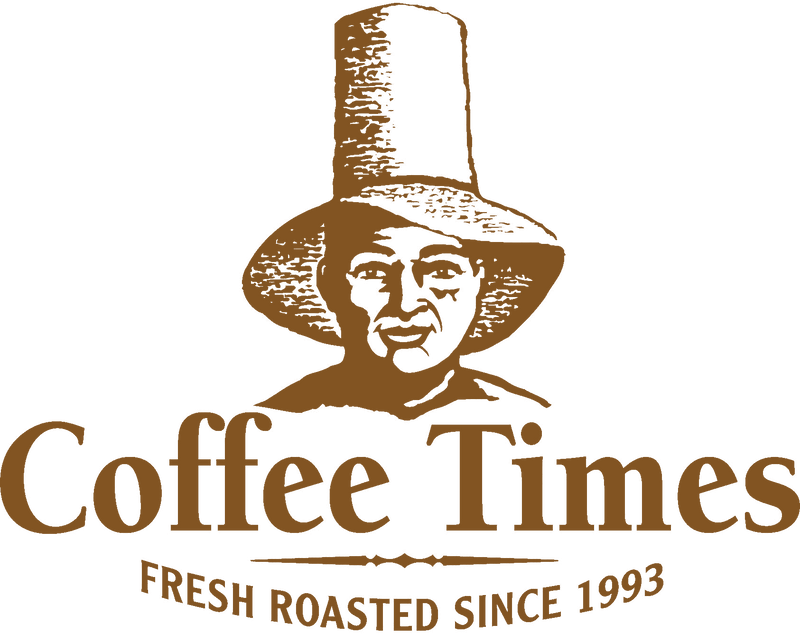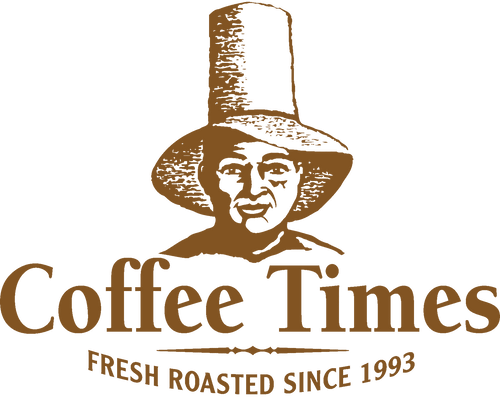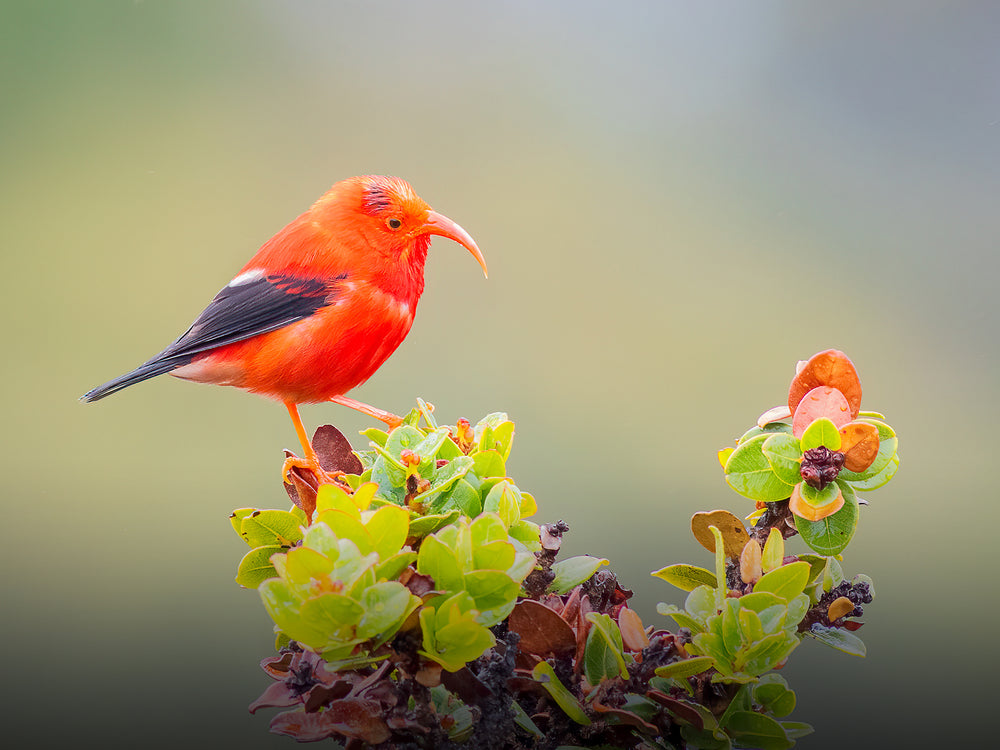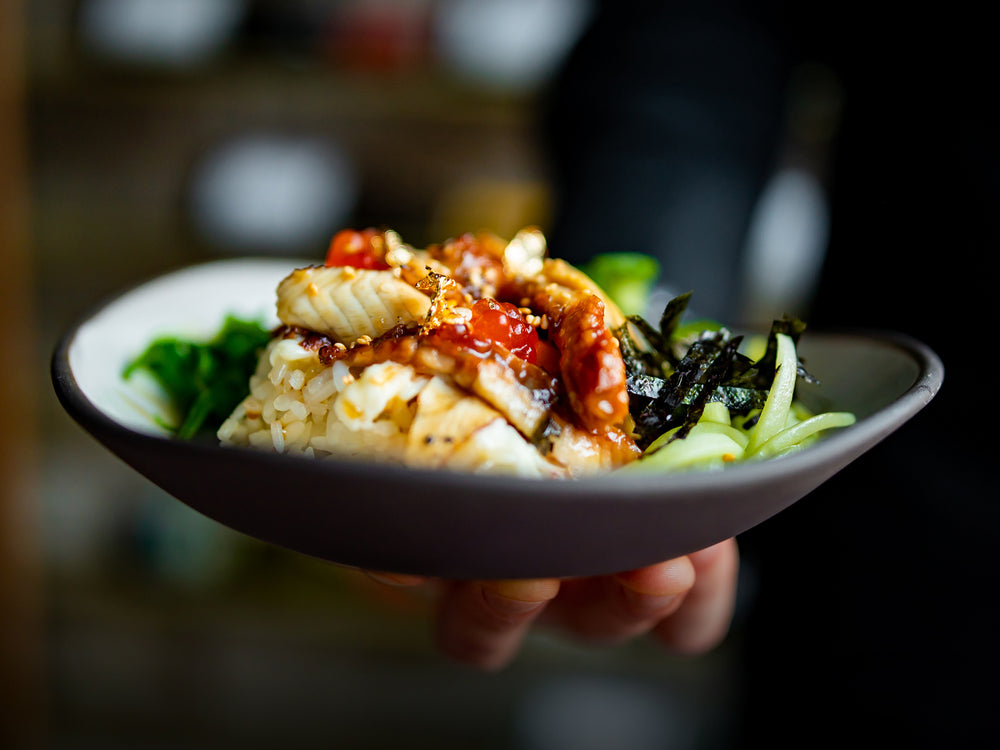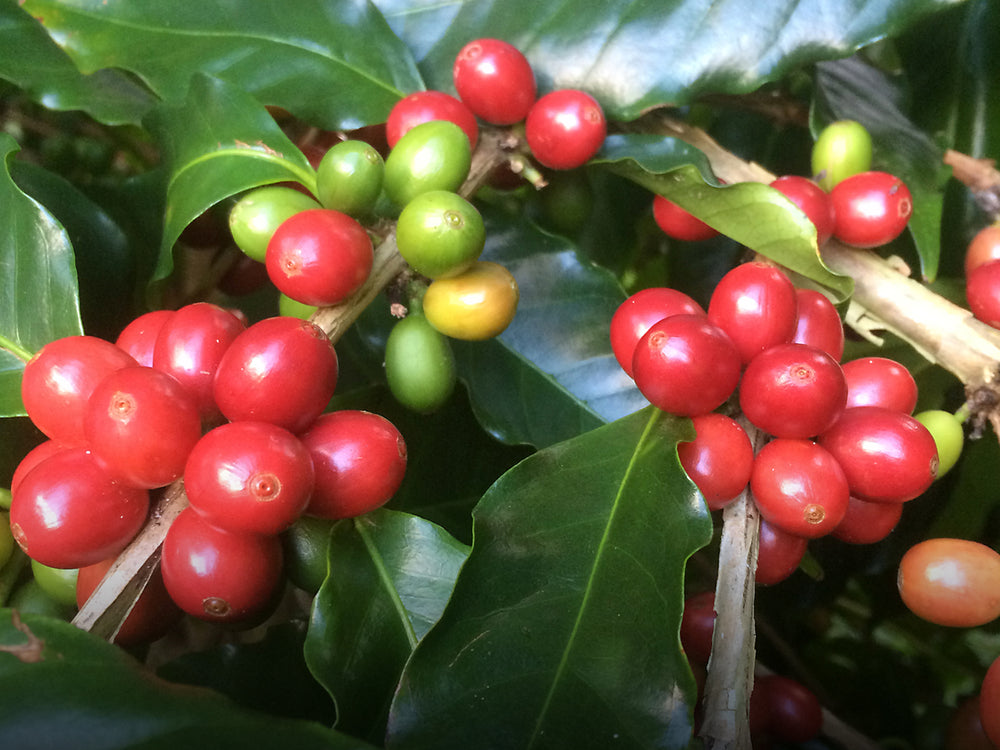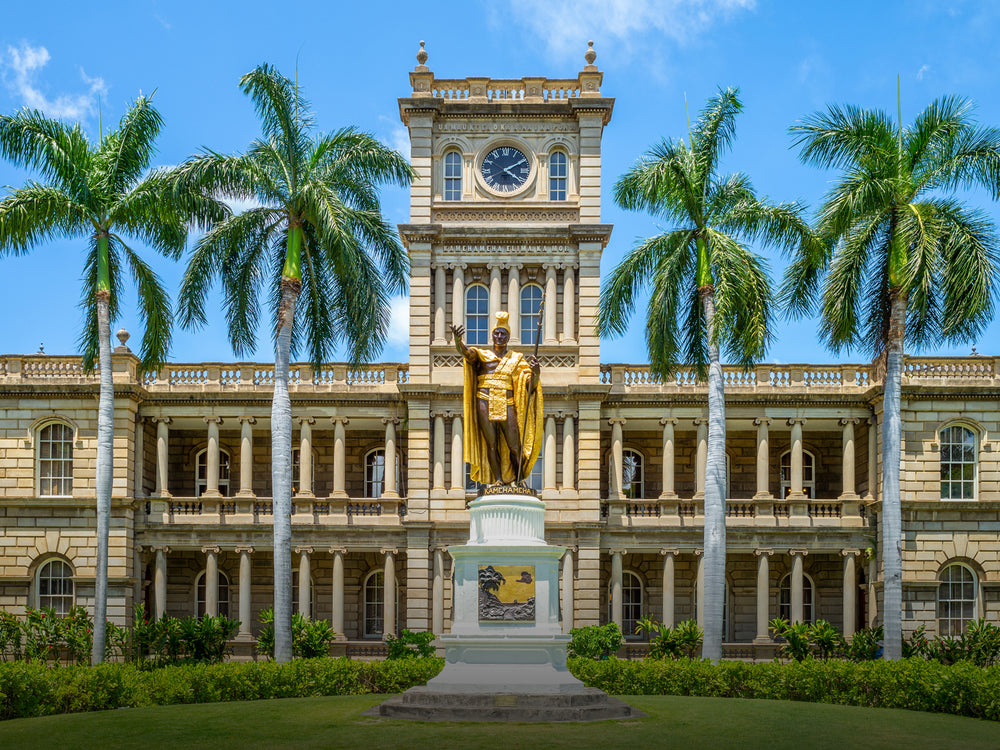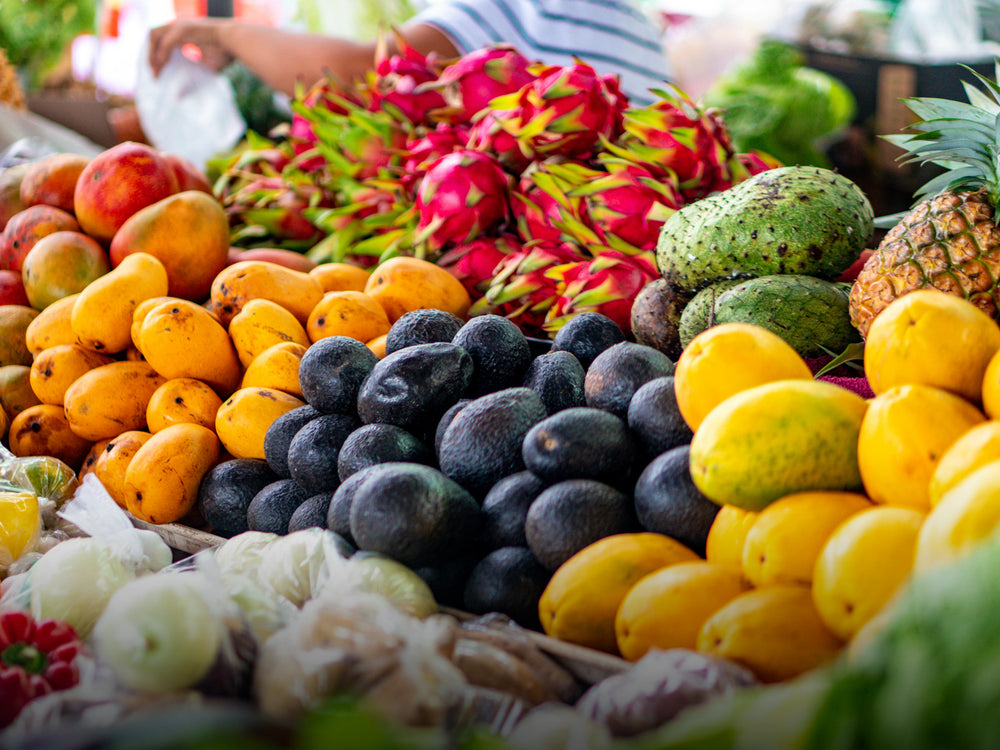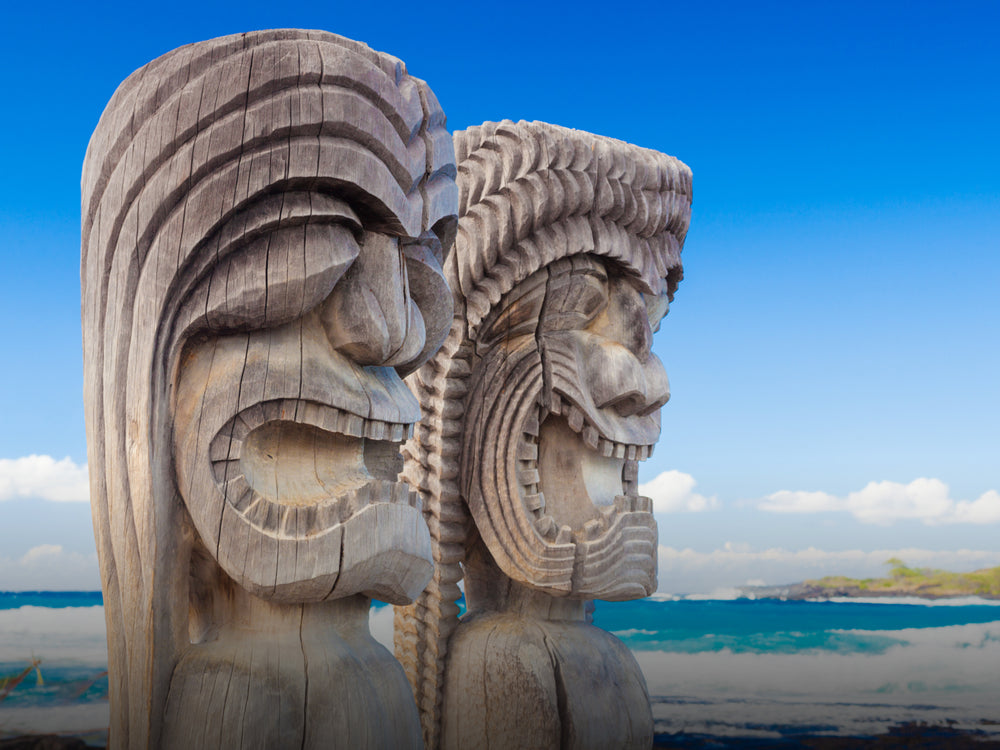What You Don't Know About Kona Coffee
by Les Drent

Kona coffee farmer with donkey.
Since the first issue of Coffee Times rolled off the press in April 1993 I pledged to myself to do everything possible to bring awareness to an issue that for many years has done more harm to Kona Coffee than any other. That being the truth in labeling of one of Hawaii's few remaining agricultural commodities, Kona Coffee. Thus, the name Coffee Times.
The Kona Coffee industry is like no other in the world, or at least none that I have found. It is a century old industry that boasts undoubtedly one of the world's finest coffees if not one of the rarest. But it is also an industry whose product is marred by rip off and counterfeits that have created a tsunami of controversy in this otherwise peaceful region of Hawaii.
Considering the history of coffee in Kona, which saw its first cuttings planted in Kealakekua in 1828, and the nearly 100 year effort of Japanese farmers, it's impossible to not think about preserving this truly great local industry. Their are a lot of coffee farmers, millers, roasters and retailers operating off of private farms around Kona contributing to the growth of this prized local commodity. And it is here that the strength of the industry lies. It is outside of Kona that the threat to Kona coffee exists.
Large corporations and some individuals have capitalized by taking the name Kona and using it to sell coffee that isn't Kona. Most often these individuals substitute the real thing by replacing it with cheaper substandard coffee from South America. Not only does this hurt the coffee industry in Kona, but you the consumer loses as well. When this occurs the relationship between the coffee producer in Kona and the customer is placed in jeopardy. Only when this customer is able to acquire a cup or bag of real Kona coffee is the relationship between the two a truthful one. Don't laugh though. This so called rekindling of a relationship actually takes place in Kona every day. The reaction of response among visitors who arrive in Kona under a false impression of what Kona coffee tastes like usually follows with a feeling of bewilderment for why this problem is allowed to take place.
Well, I'll tell you. Truth in labeling laws evidently do not apply when both corporation and government do not allow them to be used. This past year was a very difficult one for many in Kona who struggled in the legal fight to federally trademark the name "Kona." After applying for the mark in Washington, D.C. five corporations with large stakes in the blending of Kona coffee filed separate law suits against this action in an attempt to stop the process which would open the doors for federal protection of the name "Kona" in the national marketplace. What resulted were drawn out legal proceedings, depositions, and other legal pandering and manipulations that made it financially impossible for the farmers to prepare their case for federal court. No help was provided by either the County of Hawaii, or the State of Hawaii because of threats that these law suits would be targeted at them.
Locally, our weepy eyed Mayor, Stephen Yamashiro, did however promise, through half hearted bureaucratic bumbling, to issue a certification mark and to in some way help fund the promotion of 100% Kona coffee. His statements were reassuring at the time, but to this day, nearly a year later, he has done nothing . Besides the inept actions of the Mayor, the local County Department of Agriculture, who are so quick to enforce local coffee grading practices to ensure quality of product, talked a good show as well but did nothing to aid the farmers in their legal battle. I have an interesting question for them. What good does it do to grade a product for quality when it is legally allowed to be counterfeited and sold as a ten percent blend? It is no wonder that many say that the government in the State of Hawaii resembles the workings of a third world nation, by allowing itself to be controlled by outside interests, especially when they are driven by the power of money.
O.K., so you now know the sad story behind Kona coffee. Now I'll tell you about the happy one. In Kona today we have a growing number of small coffee companies getting bigger and stronger every day with the issue of truth in labeling at the forefront of promotion and advertising. And, more coffee is being marketed and sold to the consumer directly from Kona. There are even rumors circulating through Kona that law suits from deep pocketed mainland companies are now seeking sizeable restitution from several companies who have been brokering counterfeit Kona coffee to them. All this good news is bringing smiles to the faces to the same local farmers who took a beating on this issue nearly one year ago. Many farms in Kona, like Langenstein, Bay View, and Old Hawaiian are opening their land and mills to the public for daily tours and acquainting visitors with a flavorful alternative to vacation touring. Besides farm tours they are selling their coffee directly to the consumer and by mail, eliminating the middle man. One other mail order coffee company, Kona Cafe owned by Allan Frank, has taken their coffee from his farm in Kona to his home in California where he personally supervises the roasting and selling of his coffee. Perhaps the most notable grass roots effort was undertaken by the Kahauloa Coffee Company in Captain Cook. It was nearly fifteen years ago that owners, Jeff and Jan Citron started off with a rickety one room shed on Highway. 11 in South Kona, and today the couple hosts one of the finest places in South Kona to stop for coffee and gourmet food. The view of Kealakekua Bay, 1,500' below is just as incredible. Restaurants in Kona like La Bourgogne, who serve only 100% Kona coffee, have established one of the best reputations with locals by refusing to serve the cheaper 10% Kona blend coffee that so many other restaurants on the Big Island resort to. It's care and concern like this that is beginning to pave the road for coffee resurgence and independence in Kona. And inarguably, when the consumer introduces himself to the true taste and exquisite qualities of Kona coffee, the difference between good coffee and great coffee will become immediately evident.
Kona coffee is a rare commodity. In fact, only an estimated 1,500 acres are said to be in production and the majority of farms in Kona are family owned and operated. This little amount of coffee acreage in Kona has created a shortage of product for many retailers and roasters especially late in the season around summertime. For some this has created a problem in meeting demand. The Bad Ass Coffee Company, who is one of the largest locally owned and independent retailers and franchise operators in Kona, has remedied this problem not by counterfeiting or blending Kona coffee but by renaming many of their coffee lines as Hawaiian and using coffee from the island of Kauai to meet the demand. As a result the Bad Ass Coffee Company has become one of the larger purchasers of Kauai coffee and has aided the growth of another local coffee industry. The Company still sells all the Kona coffee they can get a hold of and is always available to customers at any of their locations but only under the name "Kona" and only as a true product. Owner, Dennis Lovel, feels everyone in the coffee industry has an equal responsibility to promote truth in labeling and is proud to be a seller of Kona coffee at whatever level.
The happy coffee drinker.
The one positive concern that resonates throughout most of the local Kona coffee industry is a genuine concern for you the consumer and the coffee you are being sold. Great care is being taken by many in the fields, on the farms, at the mills, over the roasters, and at espresso machines to assure you the best cup of coffee possible. Coffee shops like Holuakoa Cafe in Holualoa and the Kohala Coffee Mill in Hawi have perfected the art of coffee and espresso making, the last step of the process in delivering the true taste of Kona to you, the happy coffee drinker.
For now, all I can tell you is that it is buyer beware when buying Kona coffee and that it is up to you to truly know your source. One way that I can guarantee you a truthful product is to buy directly from a locally owned and operated Kona coffee company. The taste you will not regret and the romances that come along with the drink will be yours forever.
Readers may submit editorial comments to any of our stories by sending an email to les@lbdcoffee.com. We would be happy to attach your comments and feedback to anything we publish online. Thank you for your interest.
Story appeared originally in Coffee Times print magazine and appears online for archival purposes only. Any use or reprinting of these stories without the expressed written consent of the author is prohibited.
